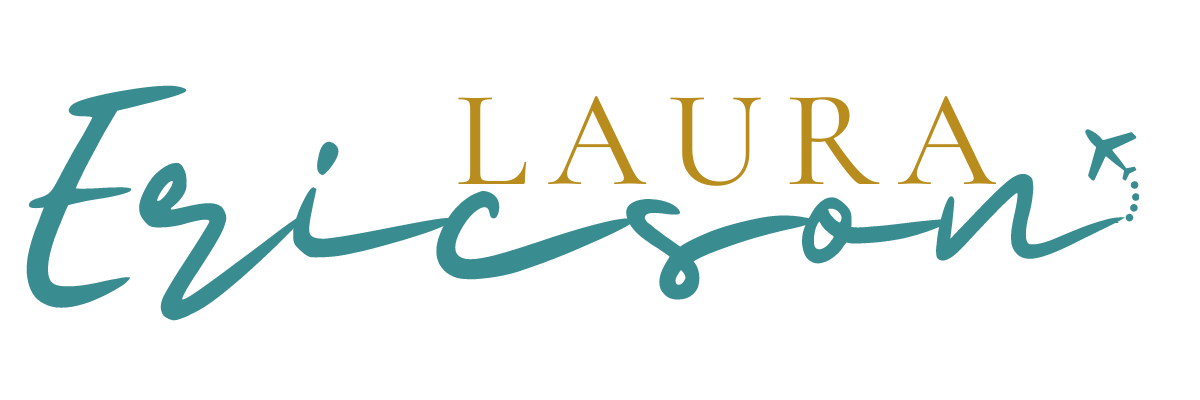5 Eye-Opening Facts About Cuba From Someone Who's Never Left
Based on my conversation with Andrés Asevis, a Cuban tour guide who has spent his entire 38 years on the island, here are the realities of Cuban life that most tourists never see.
1. Cuban Doctors Earn Less in a Month Than Tour Guides Make in One Day
While Cuba is famous for its free healthcare system, the economic reality is stark. Andres's mother is a pathologist with a master's degree, yet she earns around $30 per month in Cuban pesos. Meanwhile, Andres can make $80-90 in a single day working as a tour guide or waiter. This explains why highly educated professionals like doctors and engineers often leave their careers to work in tourism - it's not a choice, it's survival.
"In one night as a waiter, I would make both my parents' salary of two months," Andres explains. "And $30 is what my mother makes nowadays in one month."
Laura and Andrés on a recent group trip together.
2. Many Cubans Have Never Tasted the "Cuban" Food Tourists Eat
That mojito or Cuba Libre you're sipping? Many Cuban locals have never tried one. The restaurants, cocktails, and even foods like lobster and shrimp that tourists associate with Cuba are completely out of reach for most Cubans living on local salaries.
"Some Cubans don't even know what a mojito or Cuba libre is," Andres reveals. "I myself discovered all of this when I was 19 years old because in my hometown, there was none of that. I had to learn what a mojito was when I started working in a restaurant."
3. Cuba's "Free" Healthcare Requires Black Market Shopping
While healthcare is technically free, patients often need to purchase basic medical supplies on the black market. When Andres needed surgery, his doctor gave him a list of items to buy illegally - everything from anesthesia to needles that the hospital couldn't provide.
"The doctor told me, 'I can help you, but you need to buy all of these in the black market,'" he explains. Pharmacies are often empty, and when medication arrives, the lines are so long that "if you have a heart condition, you will die of a heart attack in that line."
Exploring Havana while Andrés rocks his gifted Wisconsin tshirt.
4. Internet Access is Deliberately Limited as a Form of Control
For Cubans, the internet represents a "window" to the outside world - one the government prefers to keep partially closed. Andrés can browse Amazon and see everything available globally, but he can't purchase anything, making it too depressing to even look.
"Internet is a window. That's why the government makes it so hard for us to have it sometimes," he says. "Because it's a big window to other realities. And it's a big window for you to see other things and compare your reality."
Andrés showcasing one of his incredible paintings, depicting himself peering through a window to the outside world.
5. Cubans Call the Rest of the World "The Outside" - And Most Will Never See It
Living on what Andrés describes as "a cage floating in the ocean," Cubans refer to every other country as "the outside." The combination of government restrictions and other countries viewing every Cuban as a potential immigrant makes travel nearly impossible.
"This is like a cage floating in the ocean both politically and physically," Andres explains. "So you idealize the outside. That's how we call the other countries—the outside. 'Manuel went to the outside' - it means they left the island."
These insights come from Andres, who after 38 years in Cuba, recently obtained Spanish citizenship and is preparing to leave his homeland for the first time. His perspective offers a rare glimpse into the reality behind Cuba's tourist facade - a reality that shapes every aspect of daily life for the 11 million people who call the island home.
Hear Andrés’ story on this week’s episode of Type 2 Travel, available wherever you listen to podcasts.
Interested in experiencing Cuba? We’ve got two group trips running there in the next few months. Check availability and book your trip today!




